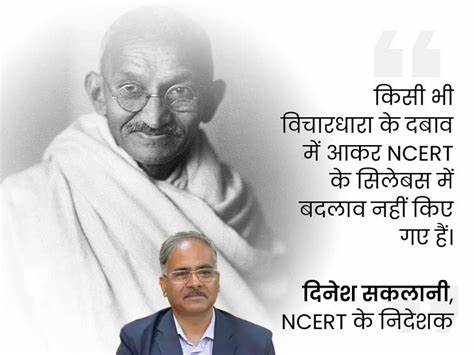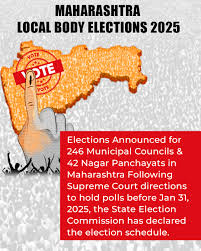
In June 2022, NCERT had released a list detailing what would be removed and added from their books. The National Council of Educational Research and Training (NCERT) has removed some information related to Mahatma Gandhi, Nathuram Godse and RSS from the Class 12 textbook.
It appears that the NCERT has removed Firaq Gorakhpuri’s ghazal from the book Aaroh Part-2, Suryakant Tripathi Nirala’s song from Antara Part-II, and a work by Vishnu Khare from the syllabus. While I do not have specific information about why these changes were made, it is not uncommon for educational curricula to be periodically updated and revised to reflect changes in society, culture, and knowledge.
Several chapters have been removed from the 10th and 11th-grade books. The chapters that have been removed include ‘Central Islamic Lands’, ‘Clash of Cultures’ and ‘The Industrial Revolution’ from the 11th-grade book ‘Themes in World History’ and chapters like democracy and diversity, popular struggles and movements, challenges of democracy from the 10th-grade book ‘Democratic Polity-2’.
Two major political statements related to the changes made to the NCERT syllabus.
- On one hand, BJP leader Kapil Mishra has praised the decision of NCERT to remove what he calls “false history” from the books. He appears to be supportive of the decision and suggests that the history books were previously biased towards the Mughal Sultanate and the king of India.
- On the other hand, Rajya Sabha MP Kapil Sibal has condemned the decision of NCERT. He seems to be critical of the move and suggests that it is an attempt to rewrite history to suit the BJP’s political agenda. He also takes a dig at PM Modi by suggesting that modern Indian history should only begin from 2014 when the BJP came to power, implying that the government is trying to erase history prior to that.
The statements made by NCERT chief Dinesh Prasad Saklani regarding the changes made to the NCERT syllabus. Mr. Saklani has explained that the decision to reduce the burden of textbooks was made due to the impact of the COVID-19 pandemic on students’ education and mental health. He suggests that students have been under a lot of stress during this time, and reducing the workload can help alleviate some of this stress.
Additionally, NCERT has denied that the changes were made under any pressure from ideology. This suggests that the changes were made based on educational considerations and were not influenced by political or ideological factors.




